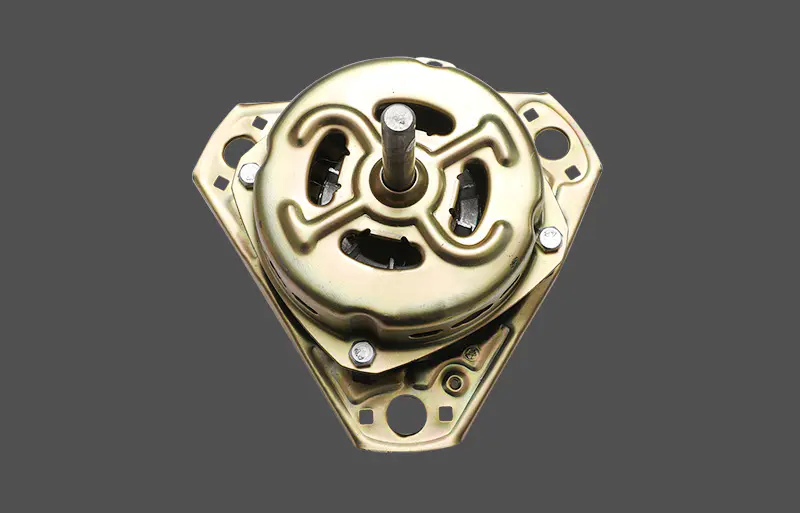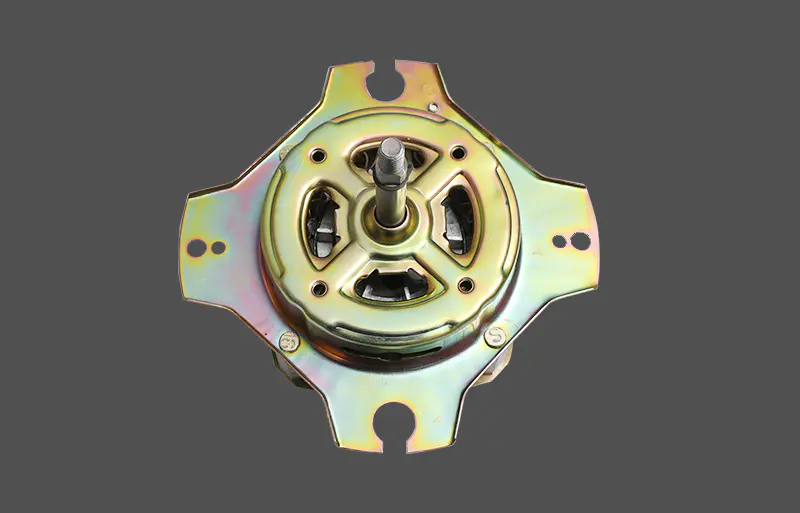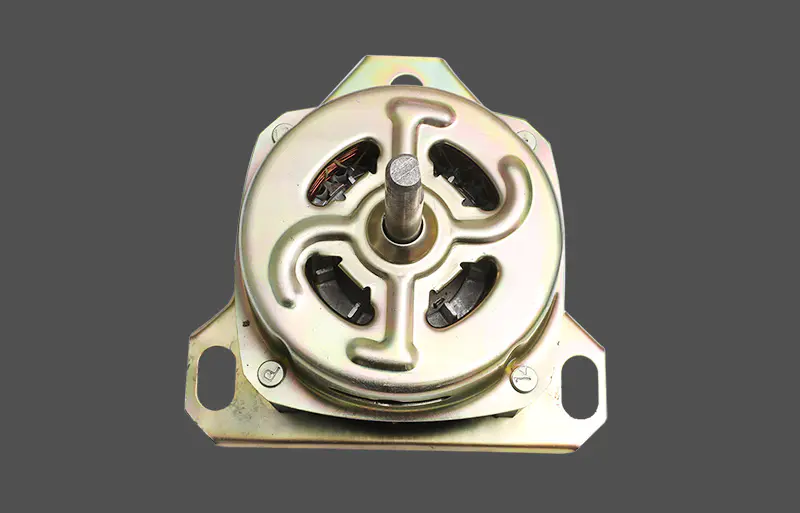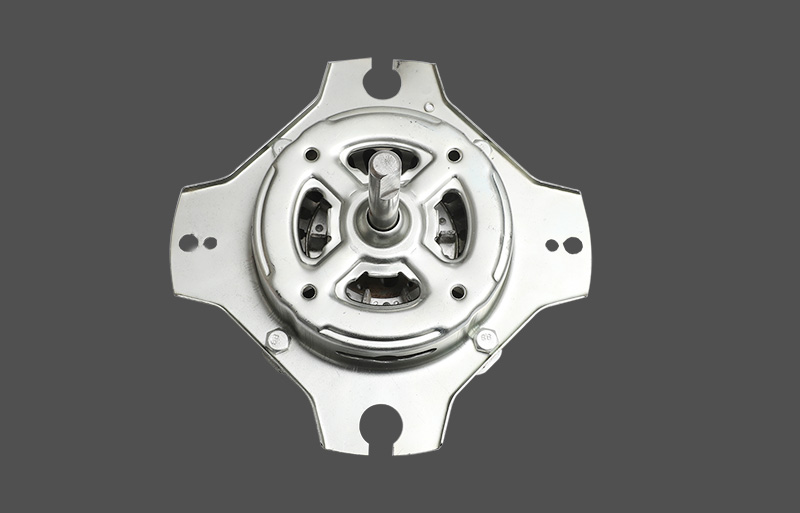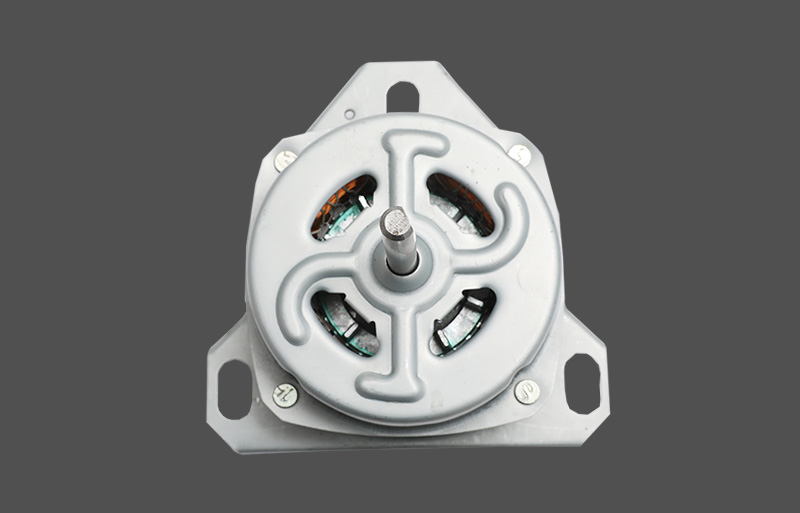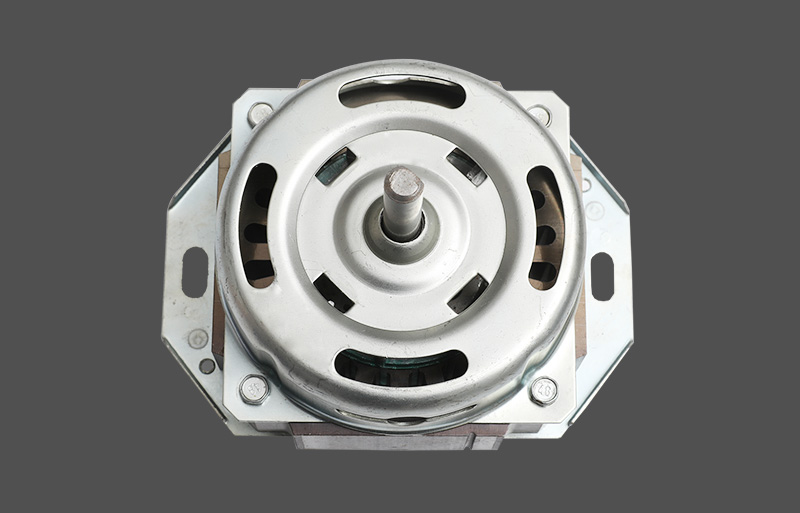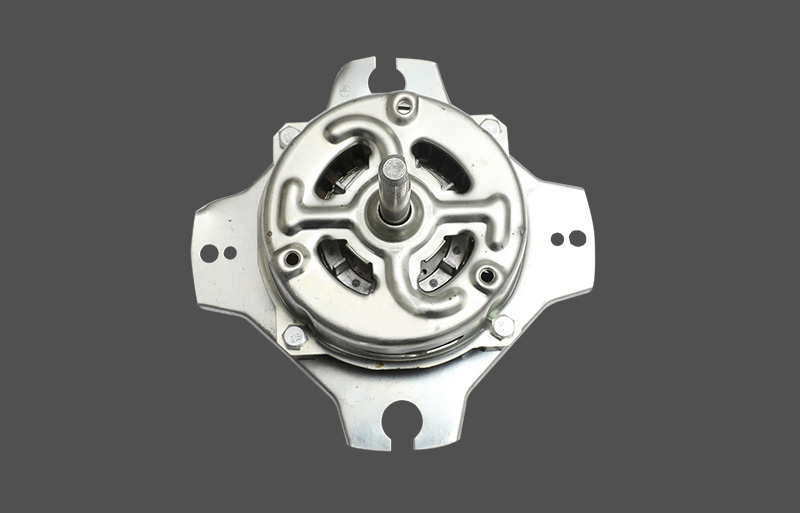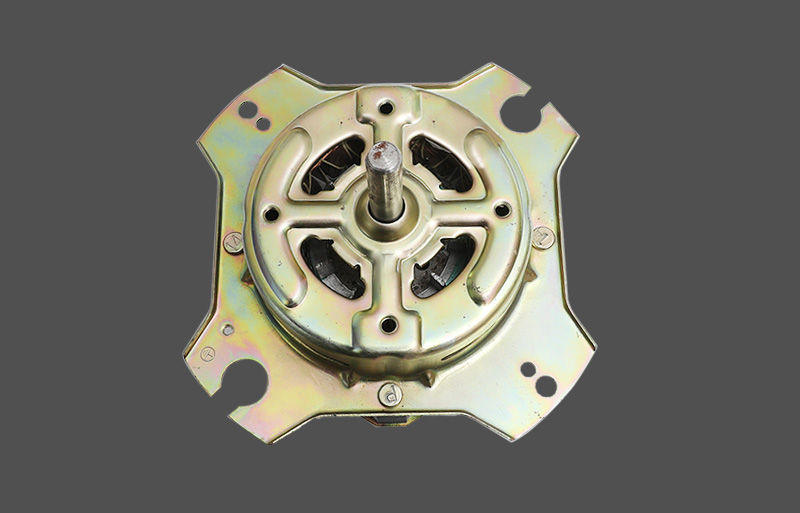Air conditioner fan motors, as the core driving components of heating, ventilation, and air conditioning (HVAC) systems, have a direct impact on the system's cooling efficiency and user comfort. After long-term operation or improper maintenance, internal components, particularly bearings, inevitably wear out. This wear is not silent, but manifests itself in a series of distinctive noise characteristics.
High-frequency, sharp "squealing/screeching" noise
This is one of the most typical and easily identifiable early signs of air conditioner fan motor bearing wear.
1. Sound Characteristics:
High-frequency, high-pitched sound: This sound resembles a sharp grinding sound caused by metal on metal or lack of lubrication.
Persistence: This sound is usually most noticeable at startup or during initial operation. As the motor heats up or reaches a stable speed, the sound may subside, but rarely disappears completely.
Cause Analysis: A sharp squeak is primarily caused by lubricant depletion. When the grease inside the motor bearings dries up or leaks, dry friction occurs between the balls or rollers and the inner and outer races. This high-frequency vibration is transmitted through the motor housing, causing a high-pitched noise. This indicates that the bearings are in the early stages of wear and require immediate lubrication or replacement.
Continuous, low-pitched "rumbling/growing" noise
When bearing wear enters the more severe middle or late stages, the nature of the noise changes significantly, from high-pitched to low-pitched.
1. Sound Characteristics:
Low-Frequency: Similar to a low roar or "rumble," similar to the idling sound of an older car engine.
Persistence: The intensity of the sound is directly related to the motor's RPM (speed). The higher the RPM, the more noticeable and intense the rumbling sound.
Cause Analysis: This growing noise indicates pitting, denting, or severe corrosion on the bearing raceways or ball surfaces. When the motor rotates at high speed, the balls roll on the damaged raceways, generating impact and irregular vibrations that produce a low, continuous noise. Air conditioner fan motors in this condition have severely damaged bearings, and continued operation may lead to seizure.
Periodic "Clicking/Tapping" Sound
Unlike continuous noise, periodic abnormal noises often indicate more specific mechanical issues.
1. Sound Characteristics:
Regularity: The sound is intermittent and rhythmic, similar to a gentle knocking or "tapping" sound, with a frequency typically corresponding to a multiple of the motor speed.
Location of Perception: The sound may originate from within the motor or from the fan blade area.
Cause Analysis:
Blade Problem: If the fan blades are loose or slightly scraping against the housing, grille, or other components, a periodic tapping sound can occur.
Excessive Bearing Clearance: Within the motor, periodic clicking or tapping may indicate excessive bearing clearance, causing bearing instability under load. In some cases, this may also indicate minor friction between the motor windings and rotor, known as stator-rotor rub, a serious fault signal.
Irregular "Scraping/Grinding" Sound
This is the ultimate warning sign that the air conditioner fan motor is in a critical fault state.
1. Sound Characteristics:
Disorganized: The sound is rough and irregular, sounding like sandpaper rubbing against metal or a foreign object inside.
Symptoms: Often accompanied by noticeable vibration and abnormally high motor housing temperature (overheating).
Cause Analysis: Grinding noises are a direct sign of complete bearing damage, internal structural disintegration, or severe oil starvation and locking. The bearing cage, balls, or raceways may be broken, causing metal debris to rapidly travel within the motor. If your air conditioner fan motor emits this noise, it indicates the motor is poised to stop operating at any moment. The unit should be shut down and inspected immediately to prevent secondary damage to the compressor and the entire HVAC system.




